December 3 stands as one of history’s most eventful days, witnessing the rise and fall of empires, groundbreaking discoveries, and moments that shaped our modern world across centuries of human achievement.
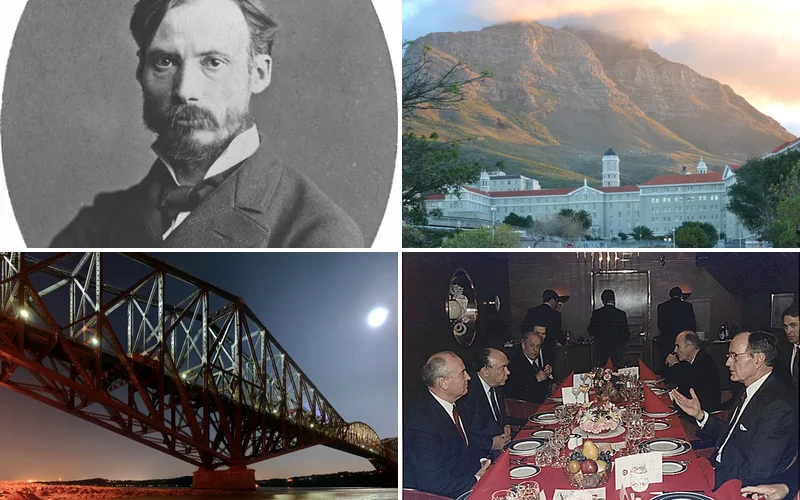
Politics and Government Events on December 3
1901 – Theodore Roosevelt’s Trust-Busting Message
President Theodore Roosevelt delivered a monumental 20,000-word State of the Union message to Congress, demanding legislation to curb the power of industrial trusts. This written address marked a pivotal moment in American progressive politics.
Roosevelt’s bold stance against monopolistic practices laid the groundwork for future antitrust legislation. His message signaled the federal government’s commitment to regulating big business for the first time in American history.
1929 – Herbert Hoover’s First State of the Union
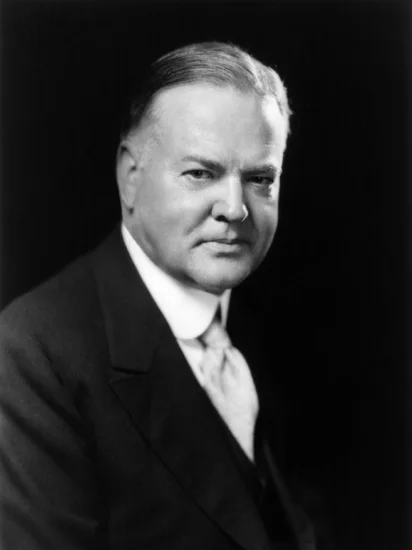
President Herbert Hoover presented his inaugural State of the Union address to Congress in written form. This formal communication outlined his administration’s priorities during the early months of the Great Depression.
The written format reflected traditional presidential communication practices of the era. Hoover’s message would prove historically significant as America faced its greatest economic crisis.
1959 – Singapore Flag Adoption
Singapore officially adopted its current national flag, six months after achieving self-governance within the British Empire. The red and white design symbolized the young nation’s aspirations for independence and unity.
This symbolic act represented Singapore’s growing national identity and political maturity. The flag adoption marked a crucial step toward the city-state’s eventual full independence.
1979 – Ayatollah Khomeini Becomes Supreme Leader
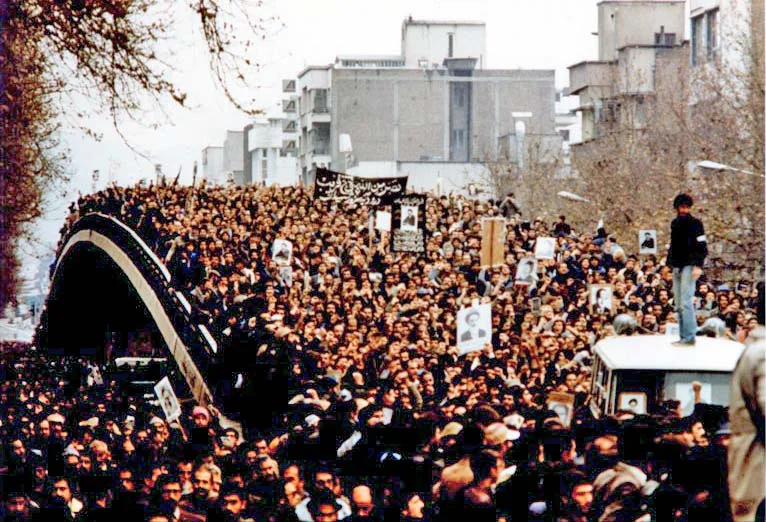
Ayatollah Ruhollah Khomeini assumed the position of Iran’s first Supreme Leader, fundamentally transforming the nation’s political structure. This appointment consolidated religious authority with governmental power in revolutionary Iran.
The establishment of theocratic rule marked a dramatic shift from the Shah’s secular monarchy. Khomeini’s leadership would reshape Middle Eastern politics and Iran’s relationship with the global community.
1989 – Malta Summit Signals Cold War’s End

President George H.W. Bush and Soviet General Secretary Mikhail Gorbachev met aboard ships off Malta’s coast to discuss reducing superpower tensions. Their joint statements indicated the Cold War’s potential conclusion after decades of nuclear standoff.
The summit’s diplomatic breakthrough represented a historic shift in international relations. Both leaders acknowledged the changing global landscape and the possibility of peaceful coexistence between East and West.
2024 – South Korea Declares Martial Law

South Korea’s government declared martial law in response to escalating domestic political tensions. The dramatic decision suspended normal constitutional processes and placed military authorities in control of civilian governance.
This unprecedented move in modern South Korean democracy shocked international observers. The martial law declaration highlighted the fragility of democratic institutions during periods of intense political crisis.
Military and Naval History on December 3
1912 – Balkan League Armistice
Bulgaria, Greece, Montenegro, and Serbia signed a temporary armistice with the Ottoman Empire, halting the First Balkan War. This diplomatic pause provided breathing room for exhausted armies and civilian populations.
The armistice would prove temporary, expiring on February 3, 1913, when hostilities resumed. The agreement demonstrated the complex balance of power in the declining Ottoman Empire’s European territories.
1944 – Greek Civil War Erupts
Fighting erupted in Athens between communist ELAS forces and government troops backed by the British Army. This violent confrontation marked the beginning of Greece’s devastating civil war.
The conflict would tear Greek society apart for years, pitting communist partisans against nationalist forces. British military intervention aimed to prevent communist control of strategically important Greece.
1971 – Indo-Pakistani War Begins
Pakistan launched a preemptive military strike against India, triggering a full-scale war between the nuclear-armed neighbors. The conflict centered on East Pakistan’s struggle for independence as Bangladesh.
This decisive war would reshape South Asian geopolitics and lead to Bangladesh’s creation. The Pakistani military’s defeat marked a turning point in regional power dynamics.
1920 – Treaty of Alexandropol
The Turkish-dictated Treaty of Alexandropol concluded the Turkish-Armenian War after nearly a month of intense fighting. This agreement imposed harsh terms on the defeated Armenian forces.
The treaty represented a significant Turkish victory in the chaotic aftermath of World War I. Armenia’s defeat consolidated Turkish control over disputed territories in the Caucasus region.
Science and Discovery Milestones on December 3
1904 – Jovian Moon Himalia Discovered
Astronomer Charles Dillon Perrine discovered Himalia, one of Jupiter’s largest moons, at California’s Lick Observatory. This significant finding expanded humanity’s understanding of the Jovian system’s complexity.
Himalia’s discovery represented a major achievement in early 20th-century astronomy. The moon’s identification contributed to growing knowledge about planetary satellite systems beyond Earth.
1967 – First Human Heart Transplant

Dr. Christiaan Barnard led a surgical team at Groote Schuur Hospital in Cape Town, performing the world’s first human heart transplant on 53-year-old Louis Washkansky. This groundbreaking procedure opened new frontiers in medical science.
The operation captivated global attention and marked a revolutionary moment in cardiac surgery. Despite Washkansky’s death 18 days later, the procedure proved heart transplantation’s feasibility.
1973 – Pioneer 10 Images Jupiter
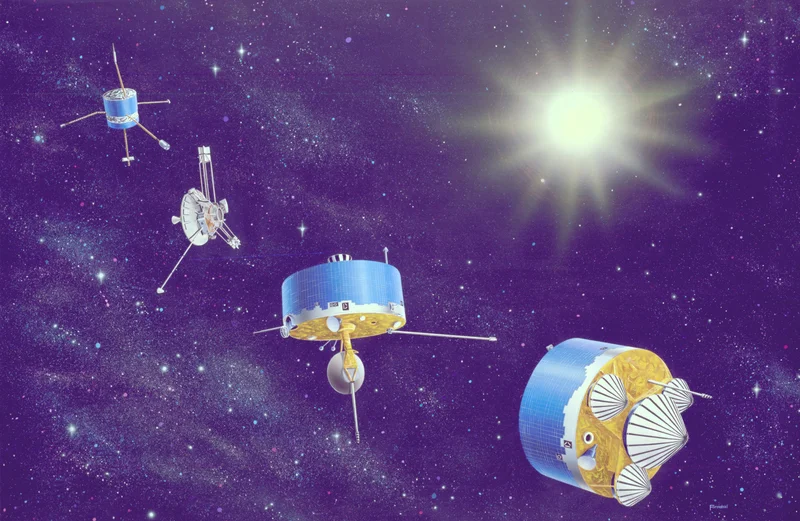
NASA’s Pioneer 10 spacecraft transmitted the first close-up images of Jupiter back to Earth. These unprecedented photographs revealed stunning details about the solar system’s largest planet.
The images revolutionized planetary science and provided crucial data about Jupiter’s atmosphere and magnetic field. Pioneer 10’s success paved the way for future deep space exploration missions.
1999 – Mars Polar Lander Lost
NASA lost radio contact with the Mars Polar Lander moments before the spacecraft entered the Martian atmosphere. This mission failure represented a significant setback for Mars exploration efforts.
The lander’s loss highlighted the challenges of interplanetary exploration and the risks inherent in space missions. Despite the failure, lessons learned improved future Mars landing techniques.
Cultural and Arts Events on December 3
1910 – Neon Lighting Demonstration
Georges Claude demonstrated modern neon lighting for the first time at the Paris Motor Show. This revolutionary display technology would transform urban landscapes and commercial advertising worldwide.
Claude’s innovation created entirely new possibilities for artistic expression and commercial communication. Neon lighting became synonymous with modern city life and popular culture.
1954 – “The Unknown Soldier” Published
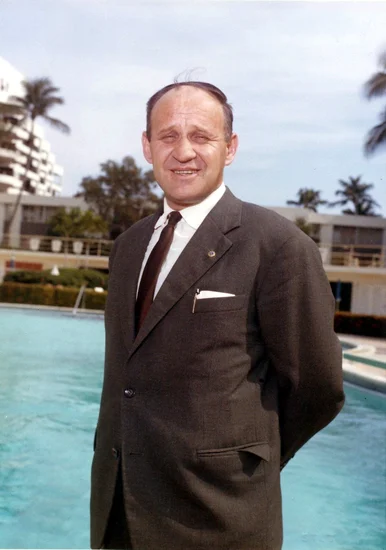
Finnish author Väinö Linna published his acclaimed war novel “The Unknown Soldier” (Tuntematon sotilas). This powerful work depicted the harsh realities of Finland’s involvement in World War II.
The novel became a cornerstone of Finnish literature and cultural identity. Linna’s unflinching portrayal of war’s brutality resonated with readers across Finland and beyond.
1960 – Camelot Broadway Debut

The musical “Camelot” premiered at the Majestic Theatre on Broadway, launching what would become an iconic American theatrical production. The show would later become closely associated with the Kennedy administration’s idealistic vision.
The musical’s themes of noble leadership and romantic idealism captured the American imagination. “Camelot” became a cultural touchstone representing hope and political idealism.
1994 – PlayStation Launch in Japan
Sony released the PlayStation game console in Japan, revolutionizing the video game industry. This technological breakthrough established Sony as a major player in interactive entertainment.
The PlayStation’s advanced graphics and CD-ROM technology set new standards for gaming. Its success would reshape entertainment culture and establish video games as a dominant media form.
Religious and Social Events on December 3
1938 – Nazi Aryanization Decree
Nazi Germany issued the Decree on the Utilization of Jewish Property, forcing Jews to sell real estate, businesses, and stocks below market value. This systematic theft represented a crucial step in the Holocaust’s economic persecution.
The decree institutionalized the robbery of Jewish wealth and property across Nazi-controlled territories. This legal framework enabled widespread theft while maintaining a veneer of bureaucratic legitimacy.
1925 – Irish Partition Formalized
The Irish Free State, Northern Ireland, and the United Kingdom signed the final agreement formalizing Ireland’s partition. This diplomatic settlement created the lasting division between Northern Ireland and the Irish Free State.
The agreement institutionalized Ireland’s political division along religious and cultural lines. The partition’s consequences would shape Irish politics and society for generations.
Business and Economic Events on December 3
1984 – Bhopal Industrial Disaster

A catastrophic methyl isocyanate leak from a Union Carbide pesticide plant in Bhopal, India, killed over 3,800 people immediately and injured 150,000-600,000 others. This industrial accident became one of history’s worst chemical disasters.
The tragedy exposed the dangers of hazardous chemical manufacturing in developing countries. The disaster’s aftermath raised critical questions about corporate responsibility and industrial safety standards.
1992 – First Text Message Sent

A Sema Group test engineer used a personal computer to send the world’s first text message via the Vodafone network to a colleague’s phone. This simple transmission launched the mobile communications revolution.
The successful text message marked the beginning of a new era in personal communication. This technology would fundamentally transform how people interact and share information globally.
1982 – Times Beach Dioxin Discovery
A soil sample taken from Times Beach, Missouri, revealed dioxin contamination 300 times above safe levels. This discovery led to the town’s complete evacuation and highlighted America’s toxic waste crisis.
The contamination incident became a symbol of environmental neglect and corporate irresponsibility. Times Beach’s fate demonstrated the long-term consequences of improper chemical waste disposal.
Transportation and Infrastructure on December 3
1919 – Quebec Bridge Opens

The Quebec Bridge finally opened to traffic after nearly 20 years of construction plagued by two catastrophic collapses that killed 89 people. This engineering marvel became one of the world’s longest cantilever bridges.
The bridge’s completion represented a triumph of engineering persistence over repeated disasters. Its opening connected communities and facilitated economic development across the St. Lawrence River.
1992 – Aegean Sea Oil Spill
The Greek oil tanker Aegean Sea, carrying 80,000 tonnes of crude oil, ran aground in a storm while approaching A Coruña, Spain. The vessel spilled much of its cargo, creating a major environmental disaster.
The spill contaminated Spanish coastlines and marine ecosystems with devastating consequences. This incident highlighted the environmental risks of maritime oil transportation.
2005 – XCOR Rocket Mail Delivery

XCOR Aerospace conducted the first crewed rocket aircraft delivery of U.S. Mail in Kern County, California. This experimental flight demonstrated the potential for rocket-powered postal services.
The historic flight combined aviation innovation with traditional mail delivery services. This achievement showcased emerging possibilities for commercial rocket aircraft applications.
Sports and Recreation on December 3
1979 – Cincinnati Concert Disaster
Eleven fans died in a crushing stampede outside Cincinnati’s Riverfront Coliseum before a concert by The Who. The tragedy occurred when thousands of fans rushed toward limited entrance doors.
The disaster led to significant changes in concert venue safety protocols and crowd control measures. This tragic event highlighted the dangers of inadequate crowd management at large entertainment events.
1994 – Taiwan’s First Local Elections
Taiwan held its first comprehensive local elections, marking a historic step toward full democratization. James Soong won election as Taiwan’s first and only directly elected Governor.
The elections represented a crucial milestone in Taiwan’s transition from authoritarian rule to democracy. These contests demonstrated the island’s commitment to democratic governance and political reform.
2012 – Typhoon Bopha Devastates Philippines
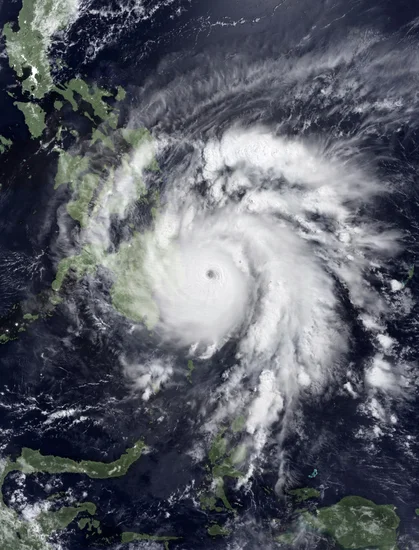
Typhoon Bopha made landfall in the Philippines, killing at least 475 people and causing widespread destruction. The powerful storm devastated communities across multiple islands.
The typhoon’s impact highlighted the Philippines’ vulnerability to extreme weather events. The disaster underscored the increasing threat of climate-related natural disasters in Southeast Asia.
Notable Births on December 3
1930 – Jean-Luc Godard Born
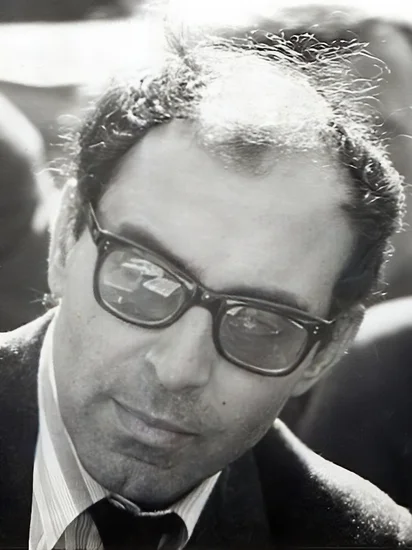
French-Swiss filmmaker Jean-Luc Godard was born, destined to become one of cinema’s most influential directors. His innovative techniques would revolutionize moviemaking and inspire generations of filmmakers.
Godard’s experimental approach to narrative structure and cinematography challenged traditional filmmaking conventions. His work with the French New Wave movement transformed international cinema.
1948 – Ozzy Osbourne Born

English singer-songwriter Ozzy Osbourne entered the world, eventually becoming the “Prince of Darkness” and heavy metal icon. His powerful vocals and theatrical stage presence would define a generation of rock music.
Osbourne’s career with Black Sabbath and as a solo artist established him as heavy metal royalty. His influence on rock music and popular culture extends far beyond his musical achievements.
1960 – Julianne Moore Born

American actress Julianne Moore was born, future Academy Award winner known for her powerful dramatic performances. Her versatility and emotional depth would establish her as one of cinema’s finest actresses.
Moore’s career spans decades of critically acclaimed roles in both independent and mainstream films. Her performances consistently demonstrate exceptional range and artistic commitment.
1968 – Brendan Fraser Born

American actor Brendan Fraser was born, destined to become a beloved action-adventure star and dramatic performer. His charismatic screen presence would captivate audiences worldwide.
Fraser’s career encompasses both blockbuster entertainment and serious dramatic roles. His recent career resurgence has demonstrated his enduring talent and versatility.
1965 – Katarina Witt Born
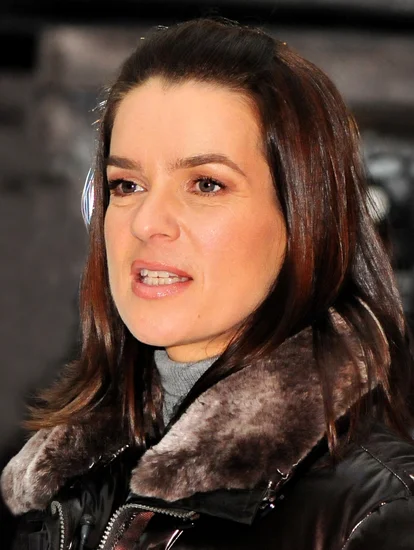
German figure skater Katarina Witt was born, future Olympic champion and international sports icon. Her athletic excellence and artistic presentation would define championship figure skating.
Witt’s competitive achievements include multiple Olympic gold medals and world championships. Her influence extended beyond sports into entertainment and popular culture.
Notable Deaths on December 3
1919 – Pierre-Auguste Renoir Dies
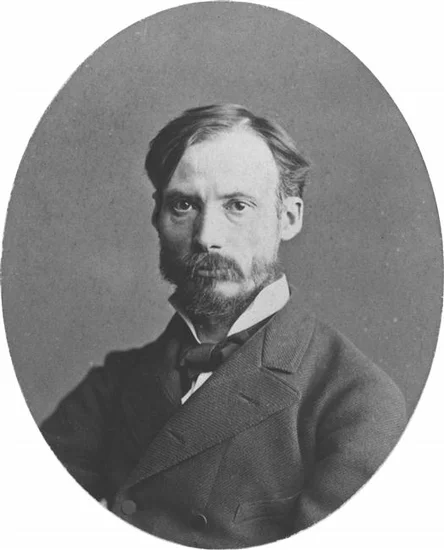
French Impressionist painter Pierre-Auguste Renoir passed away, leaving behind a legacy of luminous artwork celebrating human beauty and joy. His innovative painting techniques influenced generations of artists.
Renoir’s contributions to Impressionism helped establish the movement’s lasting importance in art history. His masterpieces continue to inspire and delight viewers worldwide.
1910 – Mary Baker Eddy Dies

American religious leader Mary Baker Eddy died, having founded the Christian Science movement and established new approaches to spiritual healing. Her theological innovations challenged traditional religious practices.
Eddy’s writings and teachings created an entirely new religious denomination with global influence. Her emphasis on spiritual healing continues to impact religious thought and practice.
1999 – Madeline Kahn Dies

American actress and comedian Madeline Kahn passed away, remembered for her brilliant comedic timing and memorable film performances. Her unique voice and physical comedy made her an unforgettable entertainer.
Kahn’s performances in classic comedies like “Blazing Saddles” and “Young Frankenstein” established her as a comedy legend. Her theatrical background enriched her screen performances with sophisticated wit.
2000 – Gwendolyn Brooks Dies

American poet Gwendolyn Brooks died, having become the first African American to win the Pulitzer Prize for Poetry. Her powerful verse explored themes of race, urban life, and social justice.
Brooks’ poetry gave voice to African American experiences and struggles throughout the civil rights era. Her literary achievements opened doors for future generations of diverse writers.
2015 – Scott Weiland Dies

American singer-songwriter Scott Weiland passed away, remembered as the distinctive voice of Stone Temple Pilots and Velvet Revolver. His powerful vocals and dynamic stage presence defined 1990s alternative rock.
Weiland’s musical contributions helped shape the grunge and alternative rock movements. His personal struggles with addiction highlighted the pressures facing popular musicians.
Holidays and Observances on December 3
International Day of Persons with Disabilities
The United Nations designated December 3 as International Day of Persons with Disabilities to promote awareness and understanding of disability issues worldwide. This observance encourages inclusive societies and equal opportunities for all people.
The day highlights the importance of accessibility, dignity, and rights for persons with disabilities. Global communities use this occasion to advocate for barrier-free environments and social inclusion.
Doctors’ Day in Cuba

Cuba celebrates Doctors’ Day on December 3, honoring the medical profession’s contributions to public health and society. This observance recognizes healthcare workers’ dedication and service to their communities.
The celebration acknowledges Cuba’s emphasis on medical education and international healthcare cooperation. Cuban medical professionals receive recognition for their work both domestically and in international humanitarian missions.
Christian Feast Day of Francis Xavier

The Catholic Church celebrates the feast day of Saint Francis Xavier, the pioneering Jesuit missionary who brought Christianity to Asia. His evangelical work in India, Southeast Asia, and Japan established lasting Christian communities.
Francis Xavier’s missionary journeys represent one of history’s most extensive evangelical efforts. His dedication to cross-cultural communication and religious education influenced centuries of Christian missionary work.
